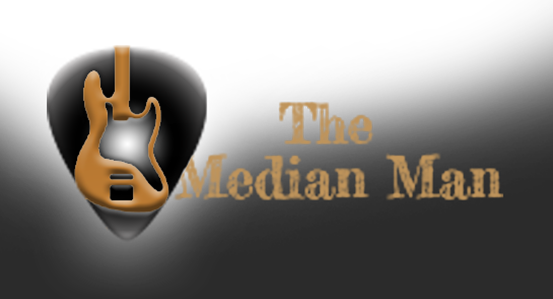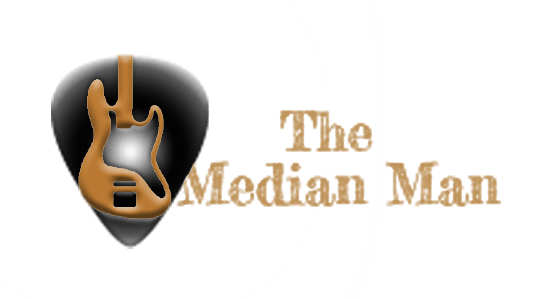What inspired the name of the band? What are your influences and are they the same as when you started out?
The band was formed in Reading, UK but we were born in Tangier, Morocco. So, we wanted a name that reminds us of our hometown. There’s a wall called the wall of the lazy ones where people sit and watch the 10 miles of sea that separate Africa and Europe. So, we chose Lazywall.
Our influences are mostly post-grunge bands and classic Rock bands from the 70s and 80s. In 2008, during the recording of our first album, we discovered 1994’s “No Quarter” live album by Led Zeppelin where they invited an oriental orchestra to collaborate with them. We fell in love with the result of that hybrid mix. That’s what influenced us to add Arabic instruments to our sound.
How and why do you approach songwriting?
We usually compose the music before the lyrics, and that can be done in many different ways: A few notes that form a melody that one of us has dreamt, a guitar riff that expands to a full song, each member of the band bringing an idea and we merge it into a song, sometimes we pick up a guitar and in 5 minutes we have a song, another one can take years before it’s complete. Each song has its own story.
For us, writing lyrics is like saying out loud what we think. Just like going to the psychologist and letting it all out. Most of the time it’s about our own experiences, but it can also be about a story that has inspired us.
We want to bring our identity to the music we are passionate about: Rock and Metal. So, we write oriental rock, sung in Arabic. To make our music different. When we compose a guitar riff, we always try to play it with traditional Arabic instruments, Oud (Arabic luth) to replace the guitar, Guembri (African bass) instead of the bass, and Darbuka or Bendir to complete the rhythm. We even created custom-made instruments like our Guitaroud (double neck guitar with an Oud neck) or our Bassentir (a bass with 2 strings bass and 3 strings Guembri).
How and why do you approach songwriting?
We usually compose the music before the lyrics, and that can be done in many different ways: A few notes that form a melody that one of us has dreamt, a guitar riff that expands to a full song, each member of the band bringing an idea and we merge it into a song, sometimes we pick up a guitar and in 5 minutes we have a song, another one can take years before it’s complete. Each song has its own story.
For us, writing lyrics is like saying out loud what we think. Just like going to the psychologist and letting it all out. Most of the time it’s about our own experiences, but it can also be about a story that has inspired us.
We want to bring our identity to the music we are passionate about: Rock and Metal. So, we write oriental rock, sung in Arabic. To make our music different. When we compose a guitar riff, we always try to play it with traditional Arabic instruments, Oud (Arabic luth) to replace the guitar, Guembri (African bass) instead of the bass, and Darbuka or Bendir to complete the rhythm. We even created custom-made instruments like our Guitaroud (double neck guitar with an Oud neck) or our Bassentir (a bass with 2 strings bass and 3 strings Guembri).
Live?
Depends on the gig. We work on different live sets and also an acoustic set. So, we have different songs that fit different occasions. For example, if we are playing a metal festival, we choose our most powerful songs but also those that show our oriental touch the most. Usually, we don’t transpose a song, we play it similar to the recording because when we compose or record, we try to have in mind how it will sound live. All productions and arrangements will go to make the song sound best live. Then, the only way to make sure it works is trying it in front of a crowd. Sometimes it works and when it doesn’t we just remove it from the set.
Live?
Depends on the gig. We work on different live sets and also an acoustic set. So, we have different songs that fit different occasions. For example, if we are playing a metal festival, we choose our most powerful songs but also those that show our oriental touch the most. Usually, we don’t transpose a song, we play it similar to the recording because when we compose or record, we try to have in mind how it will sound live. All productions and arrangements will go to make the song sound best live. Then, the only way to make sure it works is trying it in front of a crowd. Sometimes it works and when it doesn’t we just remove it from the set.
What plans do you have for the future?
We want to play gigs in Europe and the UK as much as we can for next year, to get a chance to show to everyone that our vision of Rock can be sung in Arabic. During 2023, we have released our first songs in Arabic, we chose some of our favourite songs from our 5 albums released in English and we have translated them to Arabic. We are also writing new material for a future album. Right now, we are currently finishing the recordings of the 2 next releases, for early 2024.
SOCIAL MEDIA LINKS: https://www.instagram.

